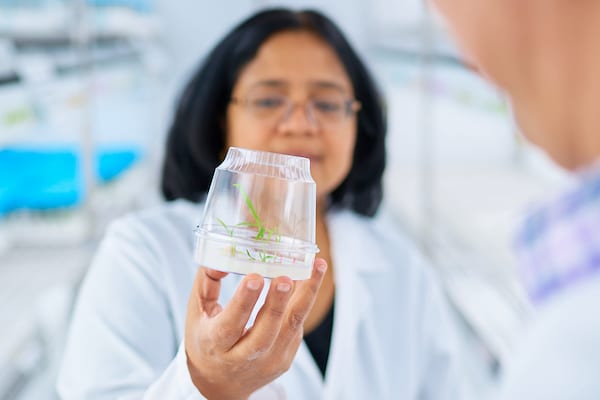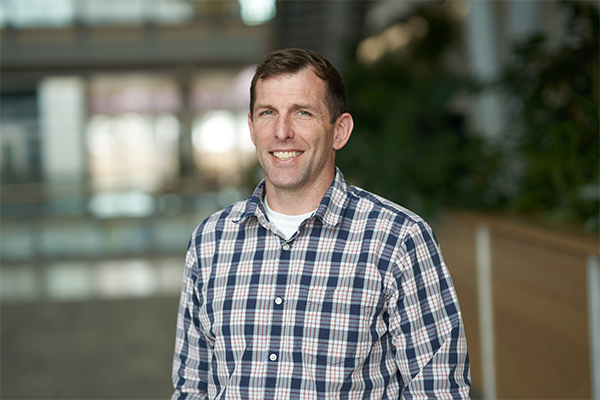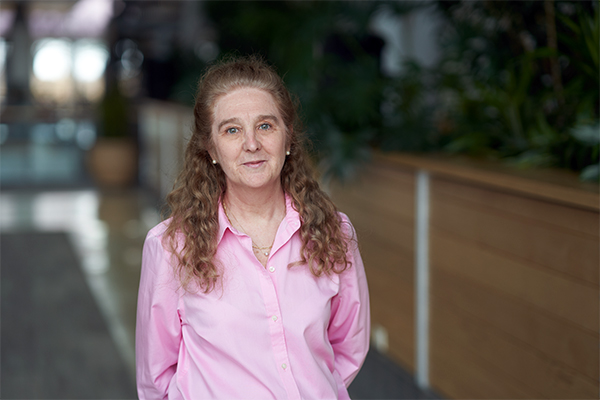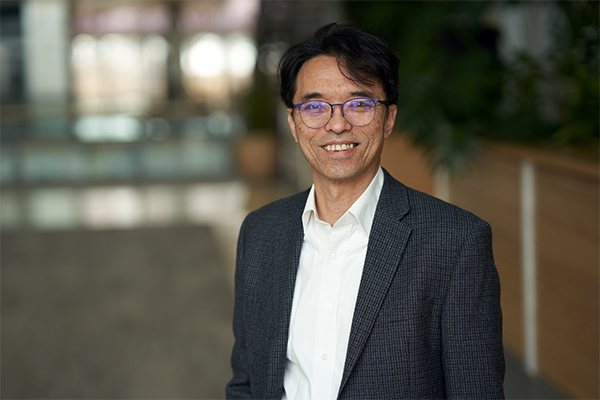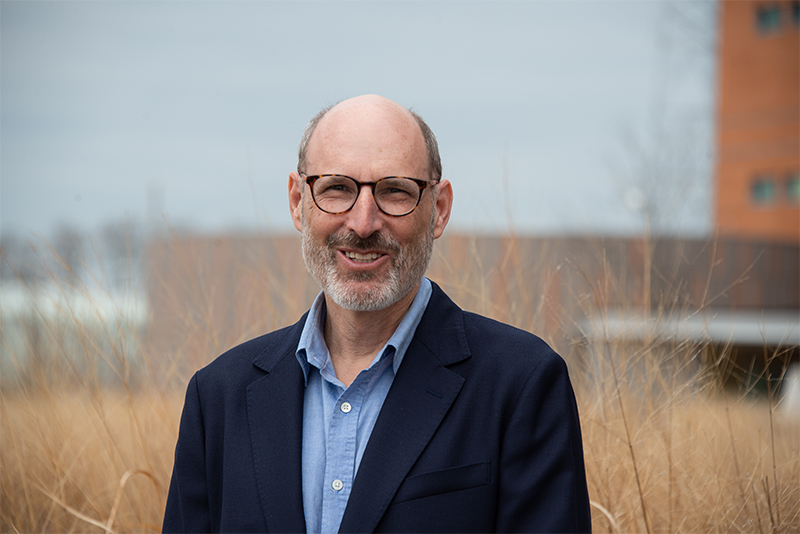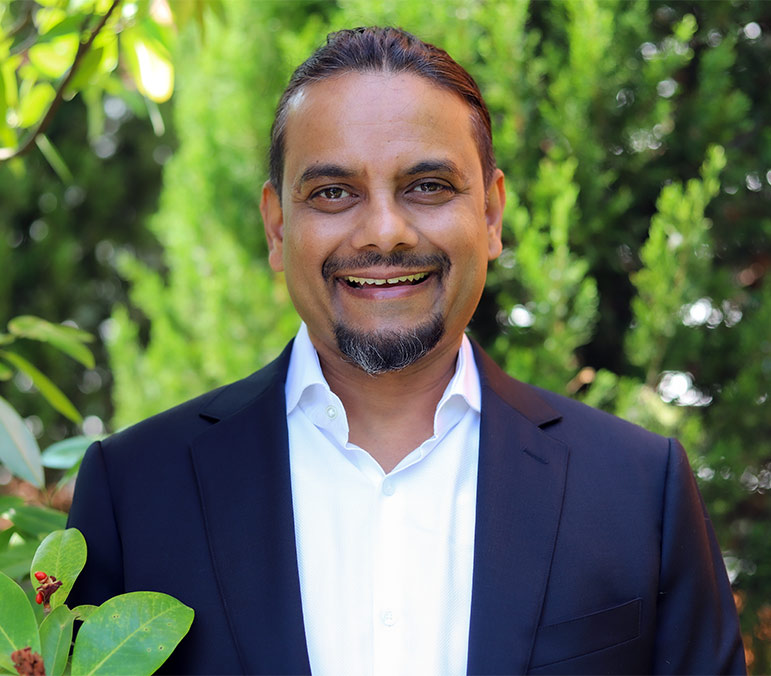Creating Improved Crops Through Genetic Engineering
Veena Veena has always paid attention to the natural diversity in plants, from color and shape, to size and development patterns.
But most of all, she’s been fascinated by the evolution of plants to adapt to a variety of adverse environmental conditions in spite of being stuck in the ground.
When Veena was studying her PhD, in New Delhi, India, this passion resulted in discovery. She was working on functional characterization of gene called glyoxalase I. In mammals, this gene was understood to be involved in Alzheimer’s and cancer, but no one knew what this gene did in plants. Veena’s research work, along with use of genetic engineering technology, led to an unexpected discovery: When the gene is overexpressed in a plant, it can tolerate adverse soil conditions.
It was published as the cover story in the international journal “The Plant Journal.”
“That study blew me away because it helped me understand the value and potential of genetic engineering in crop improvement. It made me envision what we could do with this technology, from improving crop protection to increasing grain yields to feeding the growing population.”
In pursuit of this vision, Veena went on to study at Purdue University and the Danforth Center, focusing on the molecular basis of Agrobacterium-mediated transformation to improve the efficiency of genetic transformation of economically important plants and to prevent crown gall disease on grape and other susceptible plant species. While at Monsanto (now Bayer) as a Senior Scientist, she contributed towards the development of novel, high-throughput tools for the evaluation of genes, promoter elements for binary vectors, genome-modification technologies for the plant transformation pipeline, and the establishment of the selectable-marker free transgenic pipeline. To combine her scientific skills with business strategy, Veena also contributed in development of cross-functional business strategy and received a degree in MBA from the University of Saint Louis-Missouri.
Innovating Genetic Engineering Technologies
Today, Veena is a Principal Investigator and Director of the Plant Transformation Facility at the Danforth Center. Veena and her lab develop and explore genetic engineering technologies to develop plants with improved traits. Her core facility collaborates with all of our Principal Investigators, helping them test and develop transgenic plants to further their research. “The goal of our lab is to develop technologies that make plant transformation faster, more cost efficient and more precise. We also want to share those tools and services with the larger research community,” explains Veena.
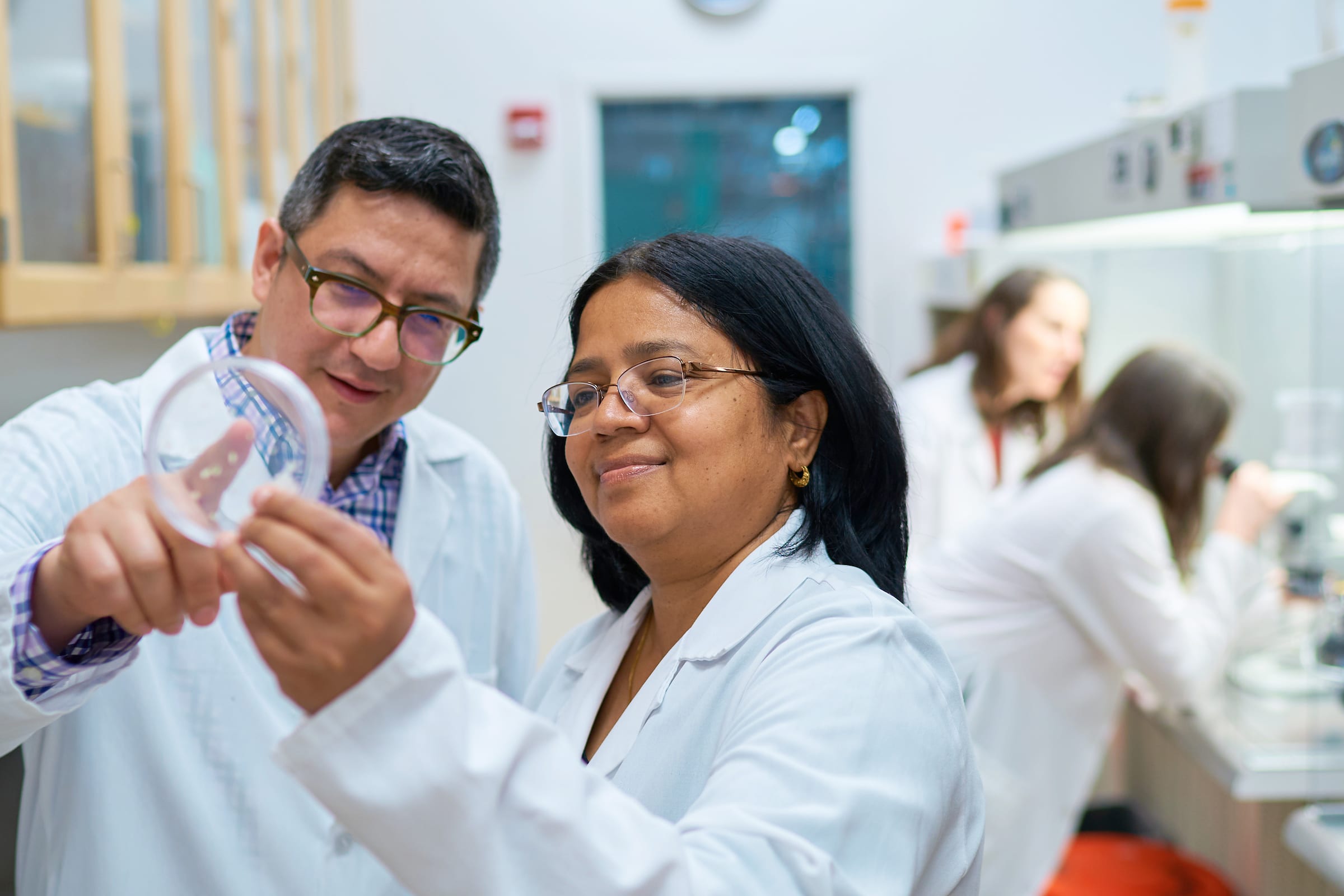
The Potential To Impact Millions
Veena and the Plant Transformation Facility are critical to creating impact at the Danforth Center. Genetic engineering through plant transformation is foundational to improving crops, from increasing the nutritional value of cassava, to improving the drought tolerance of corn. “This work is so exciting to me, because the moment we see a successfully genetically engineered plant through this process, it is a step forward to understand the underlying mechanism of biological processes that could eventually result in plants with improved traits that can produce more food for people or better nutrition. It has the potential to impact millions and millions of people.”
